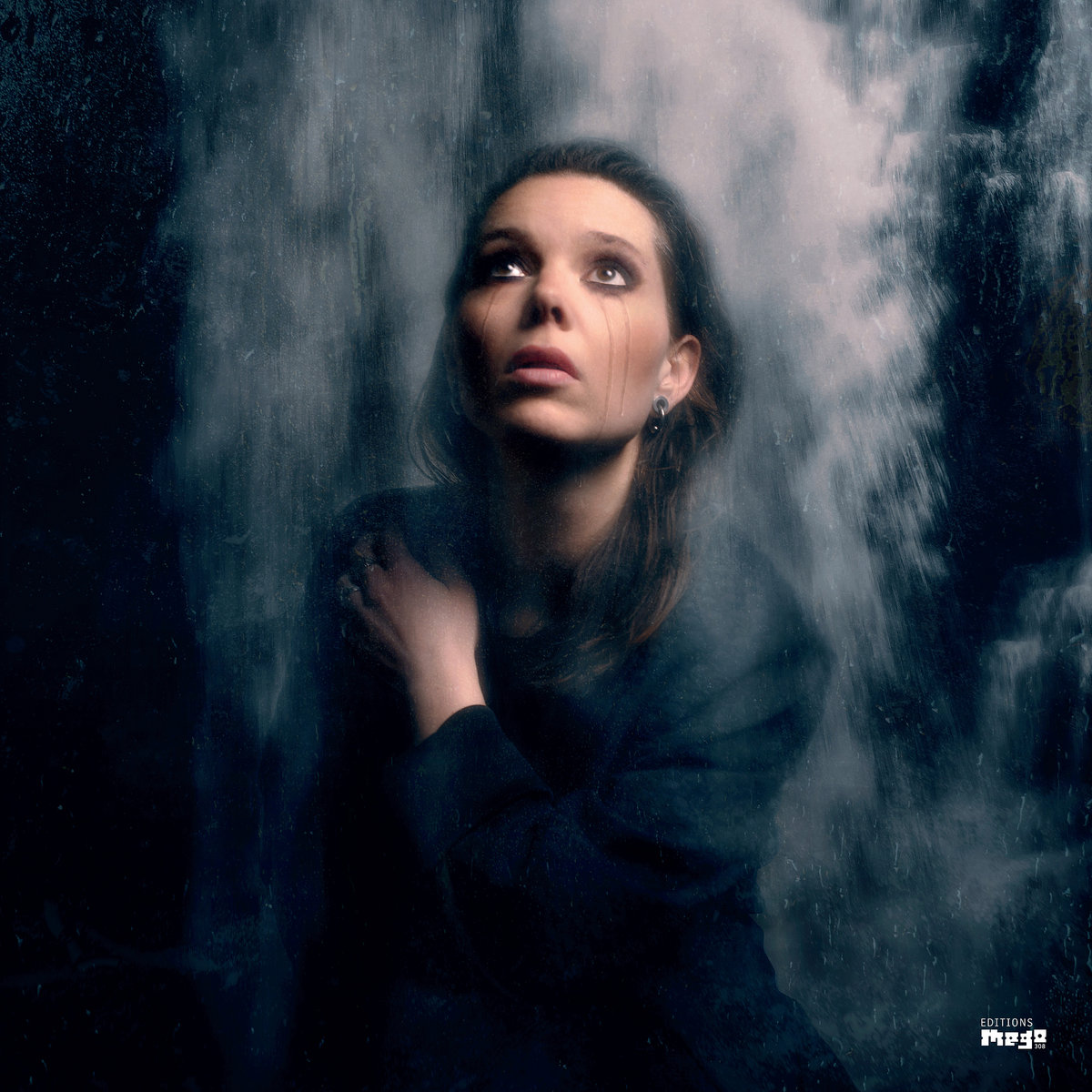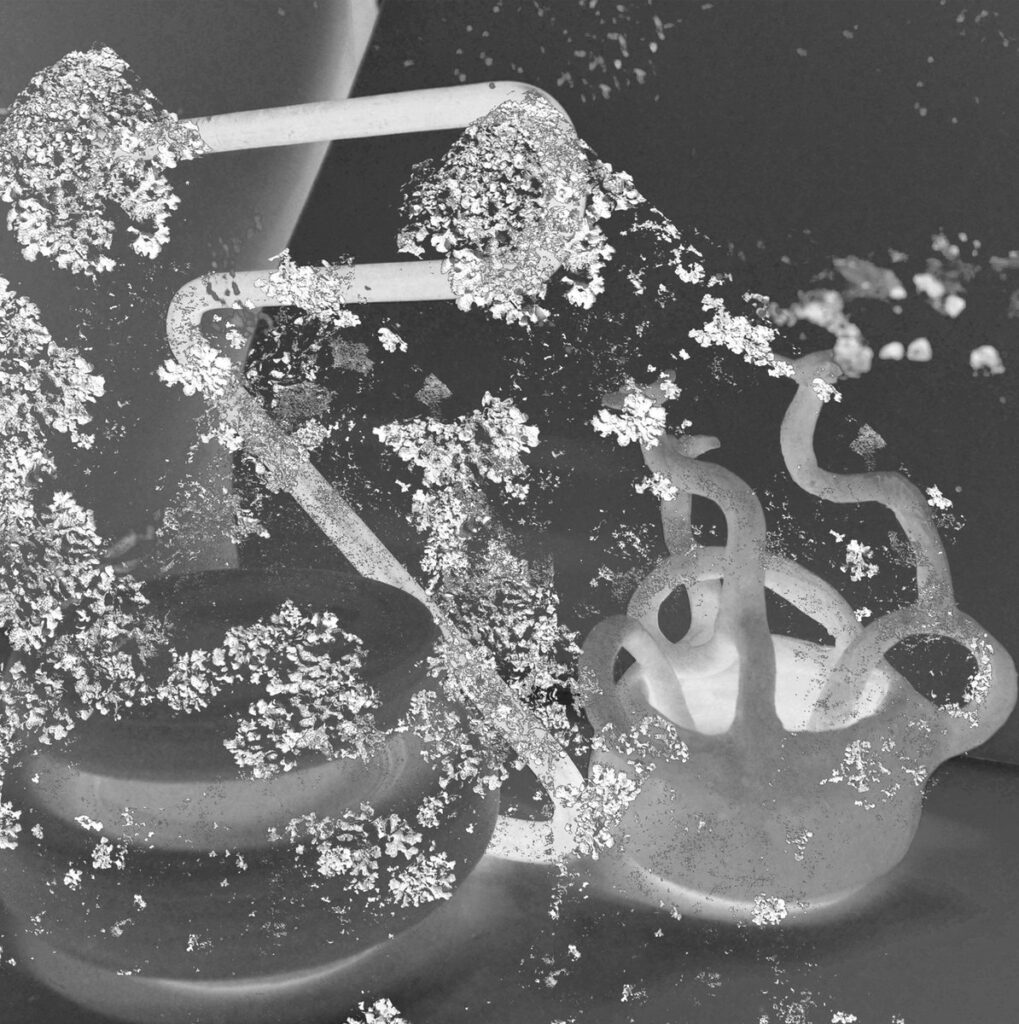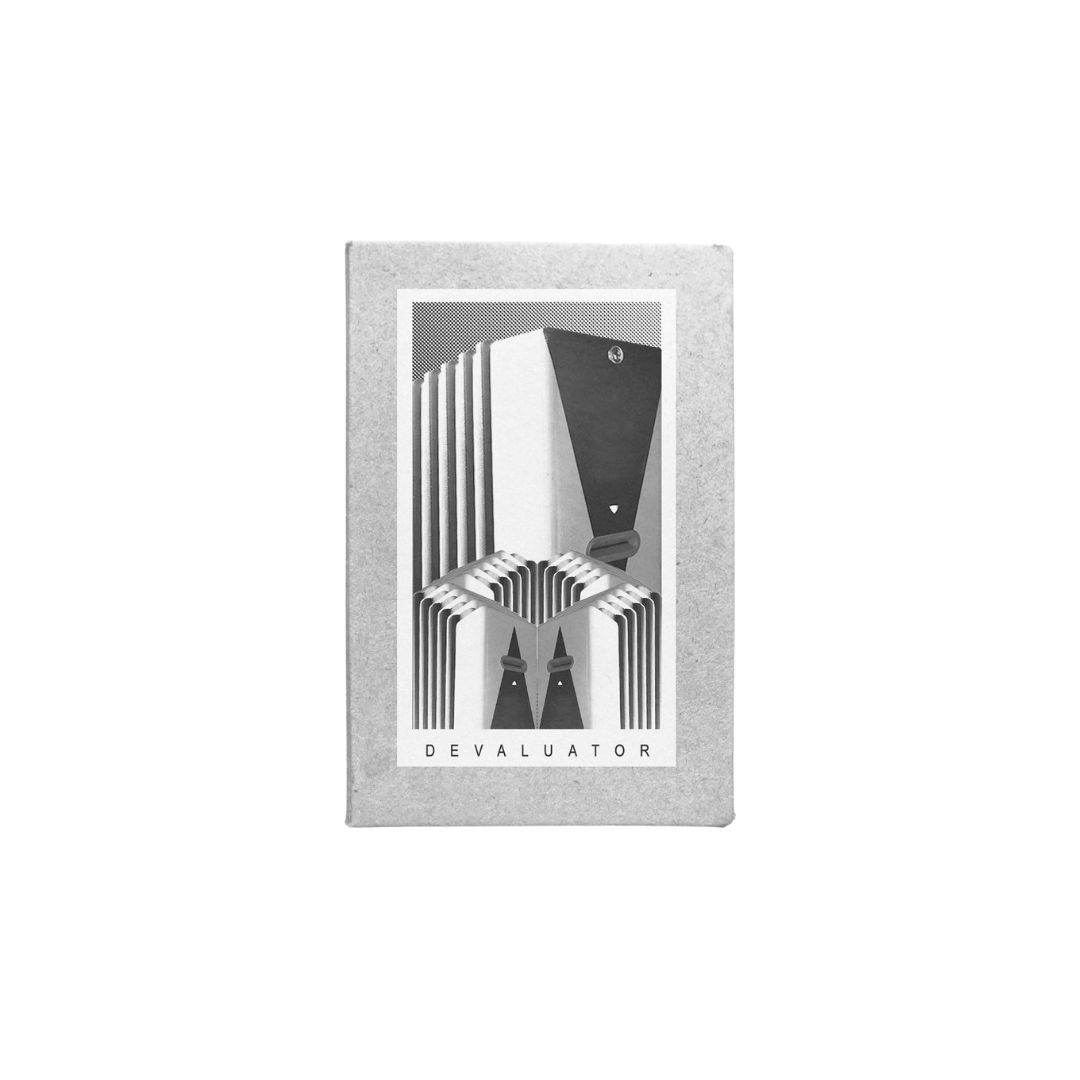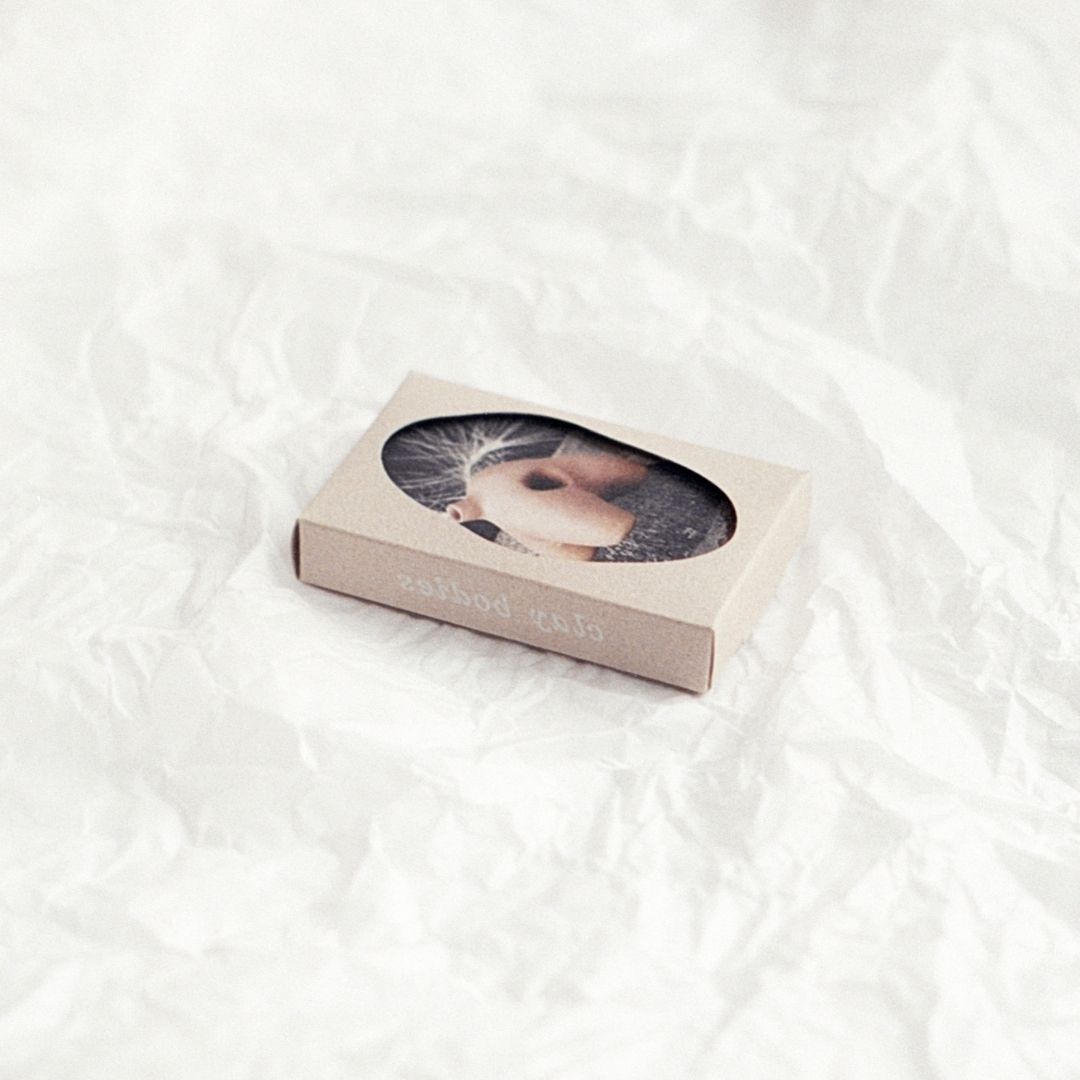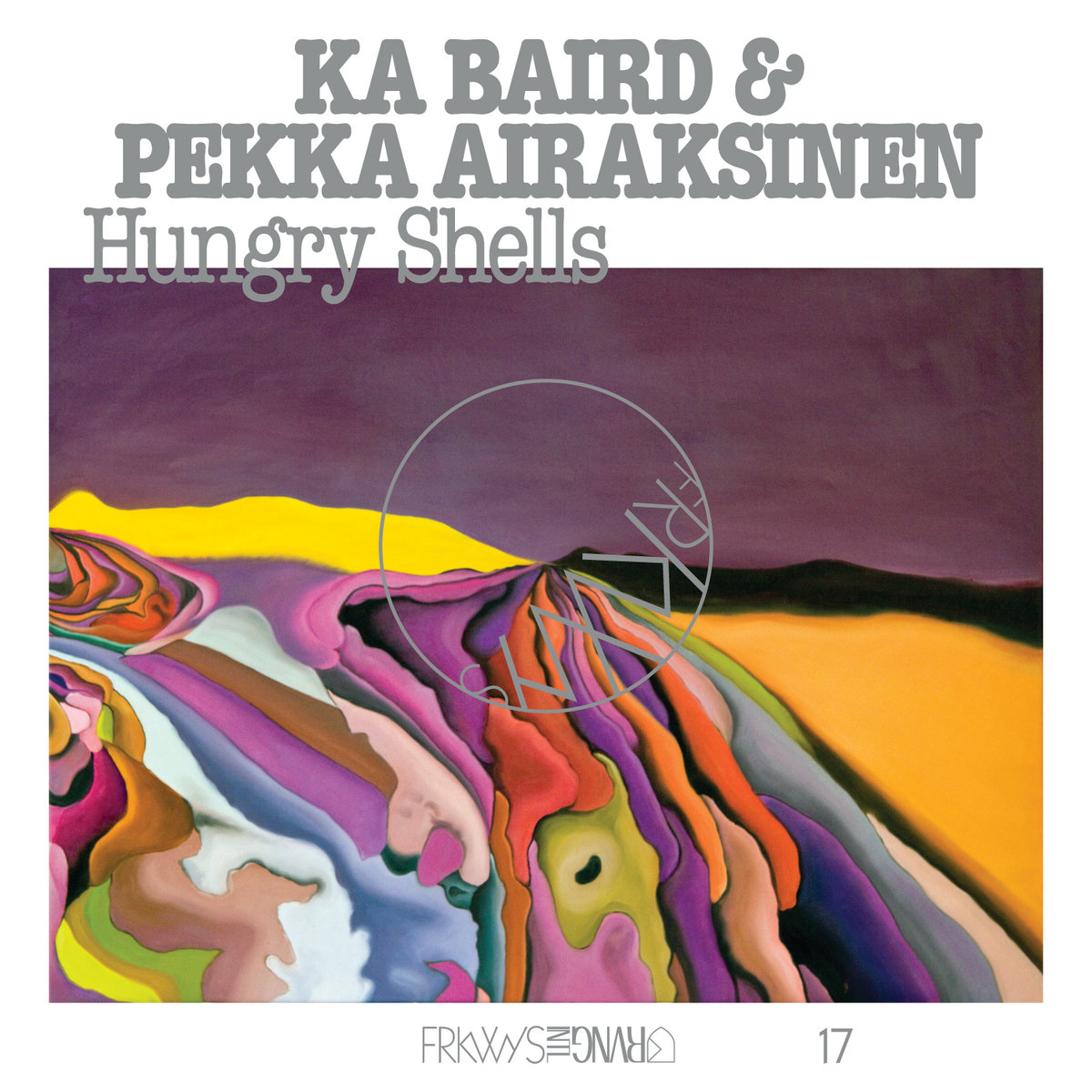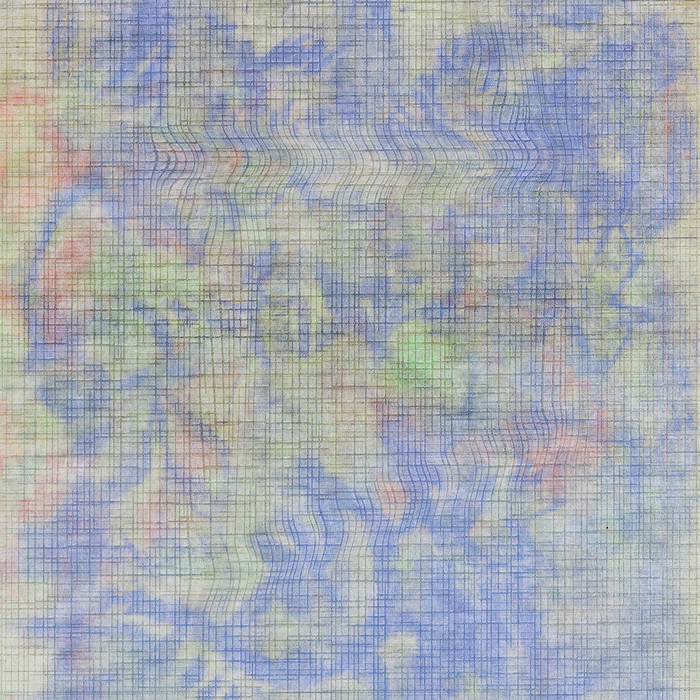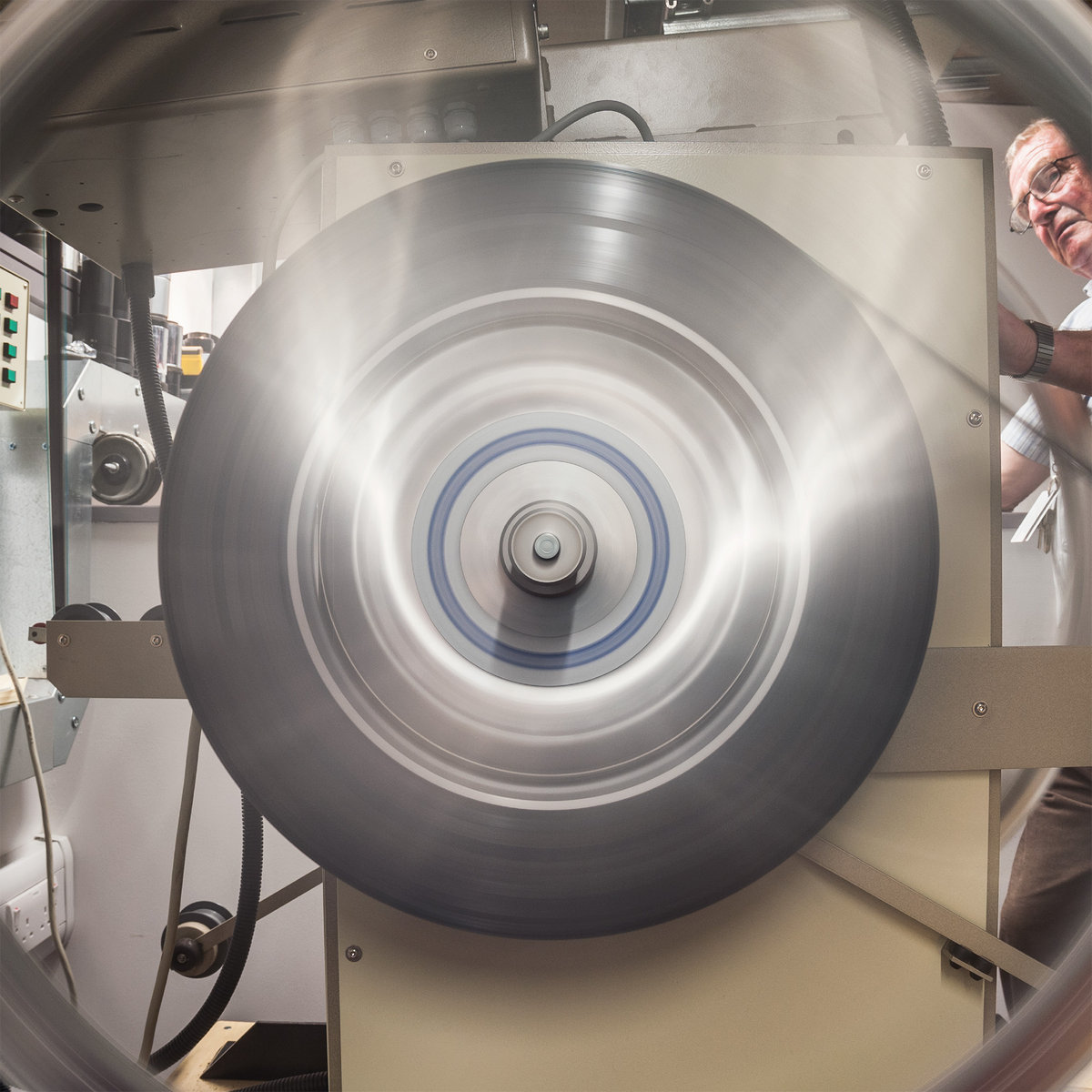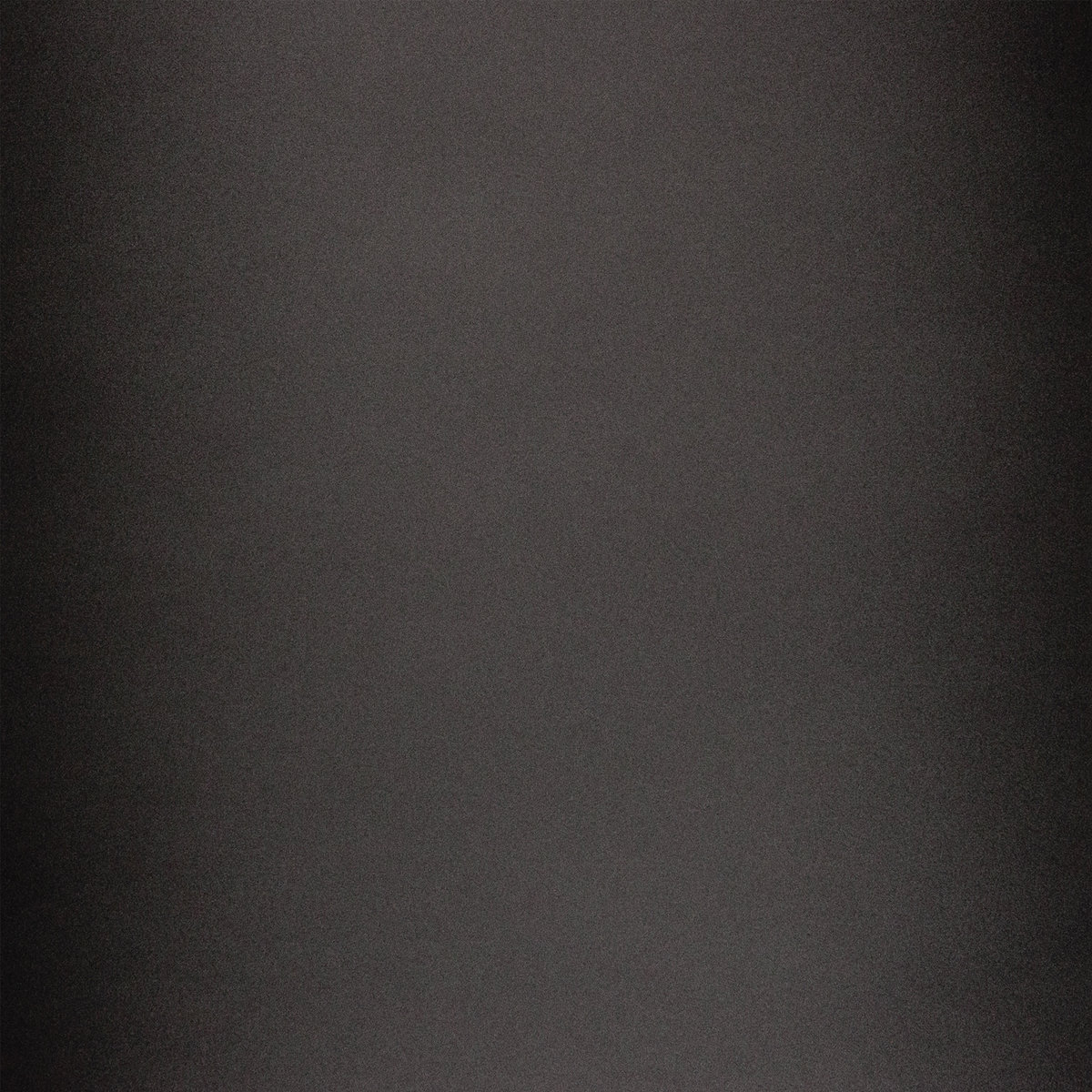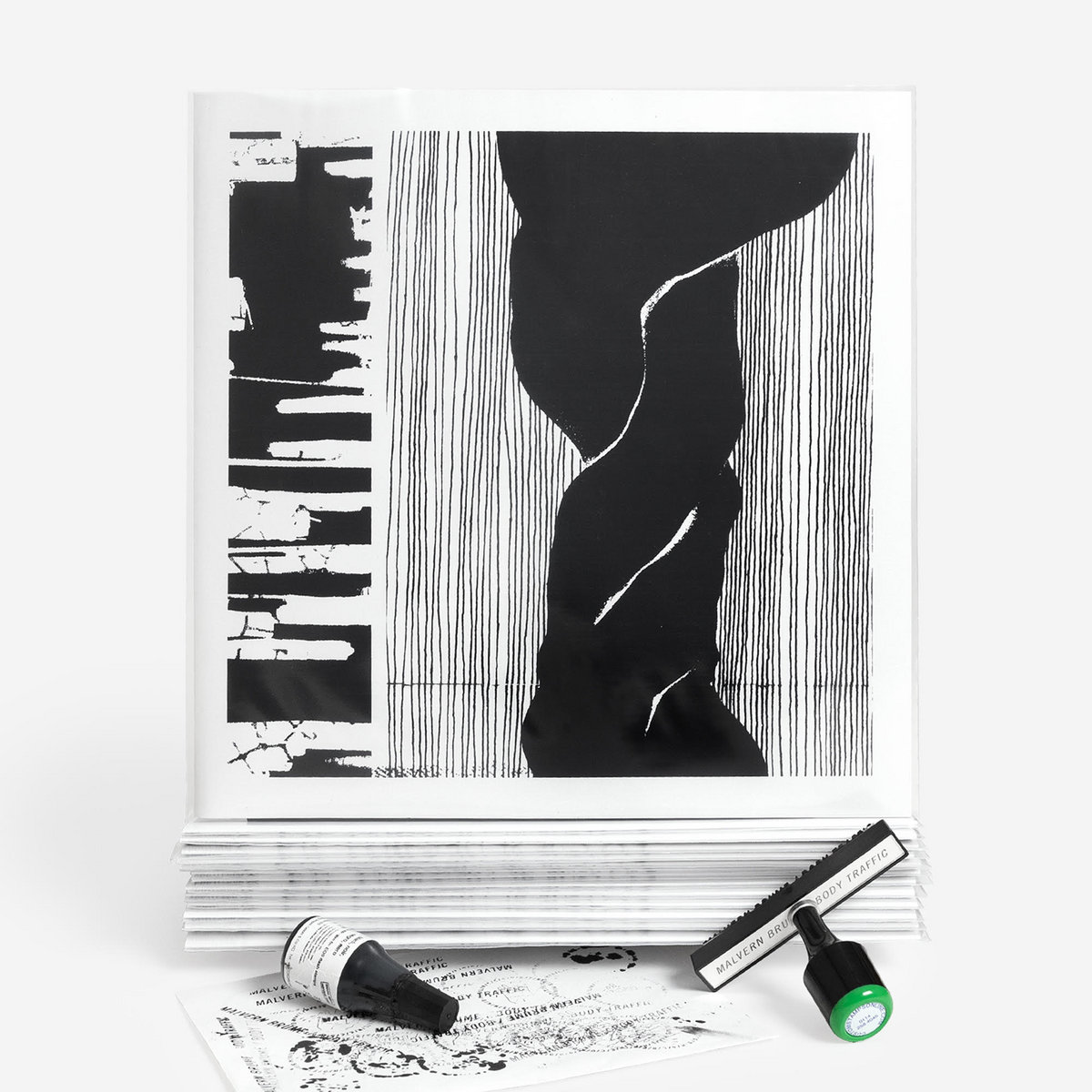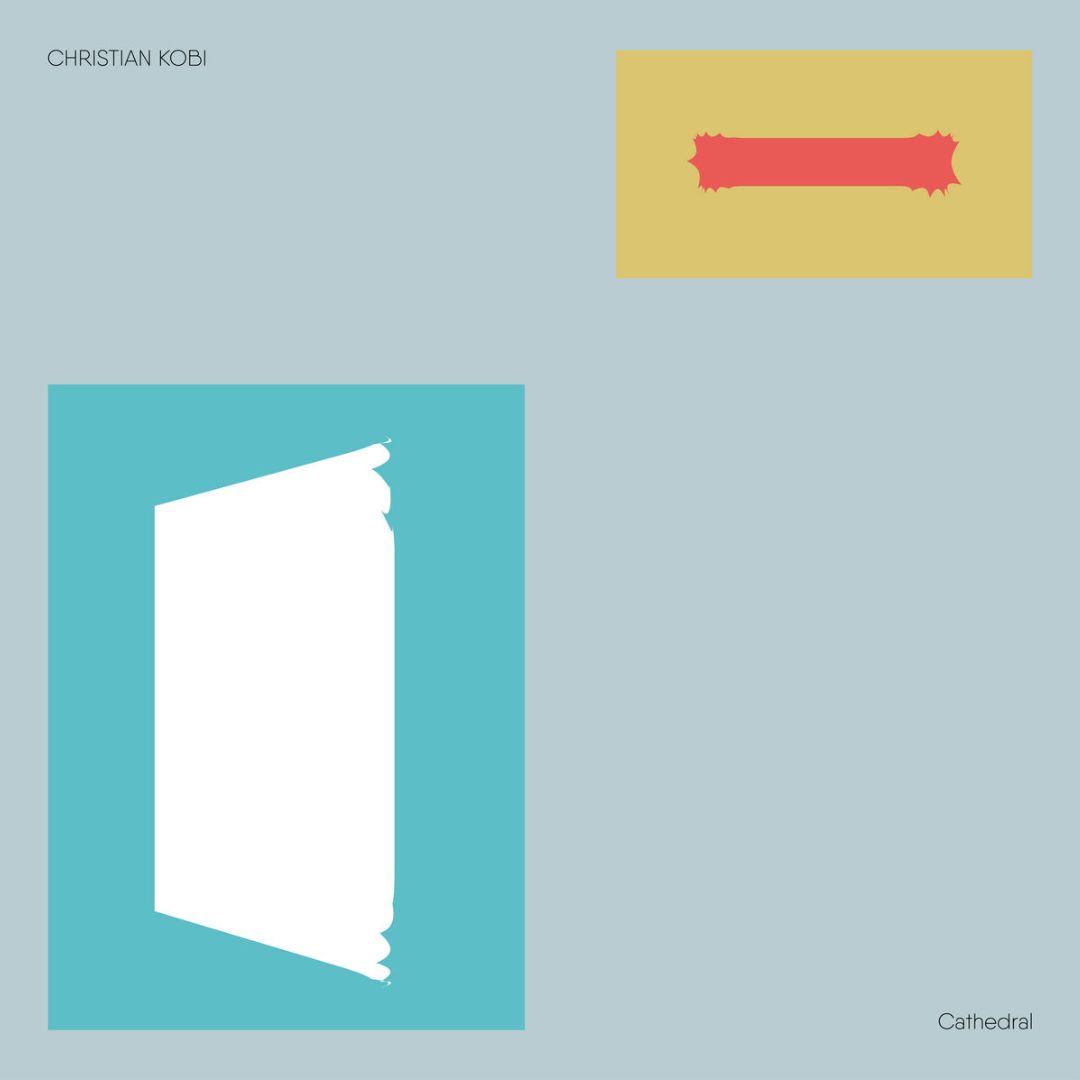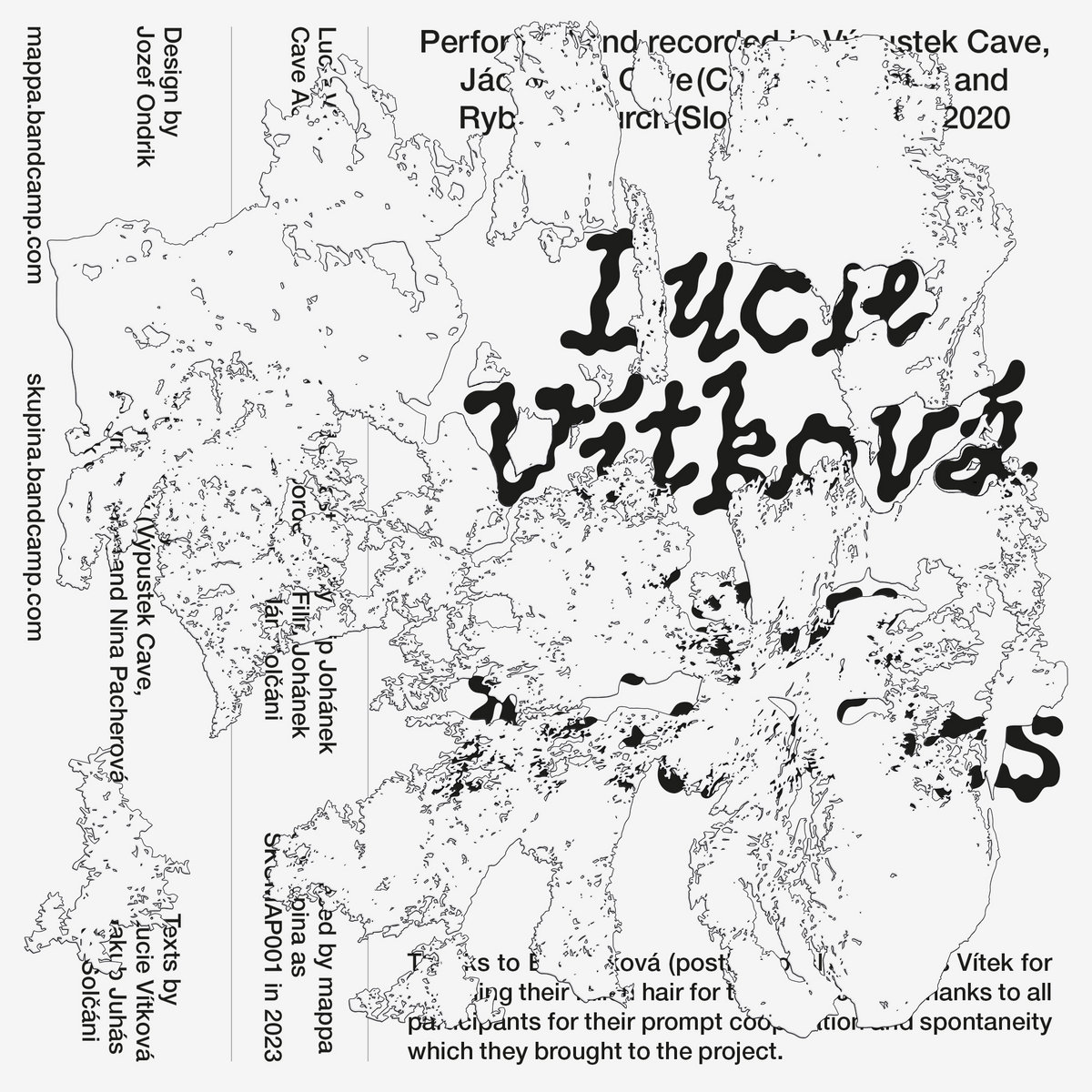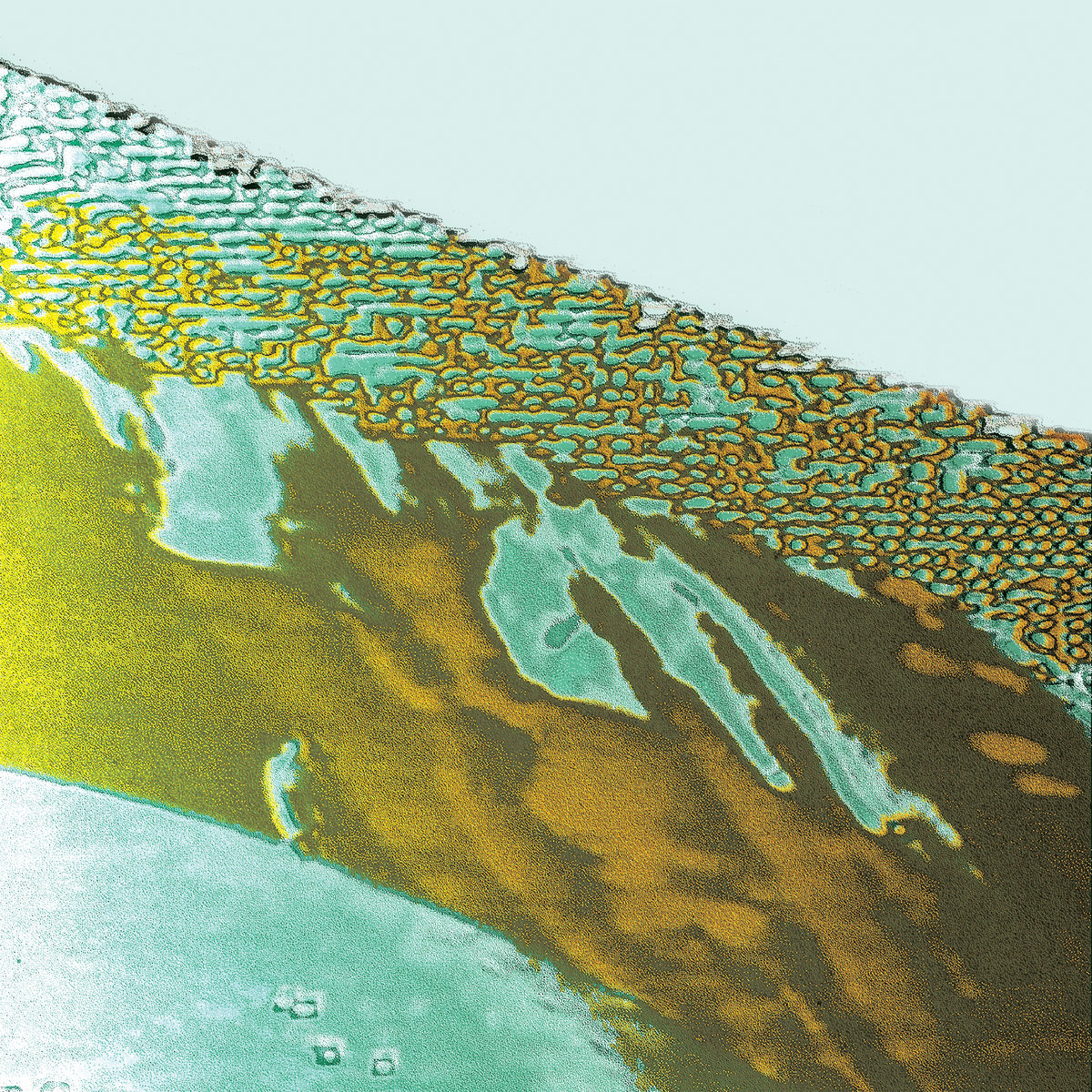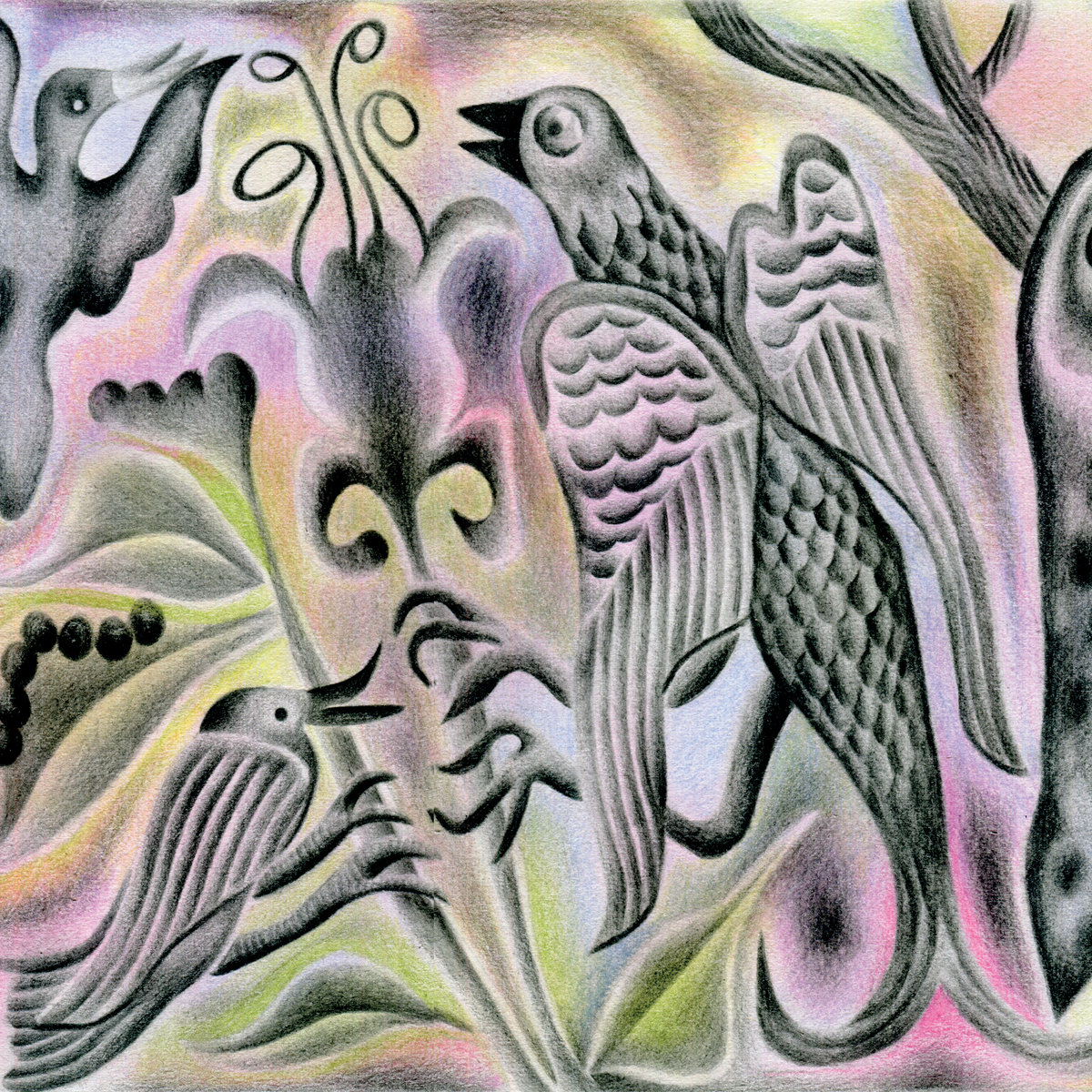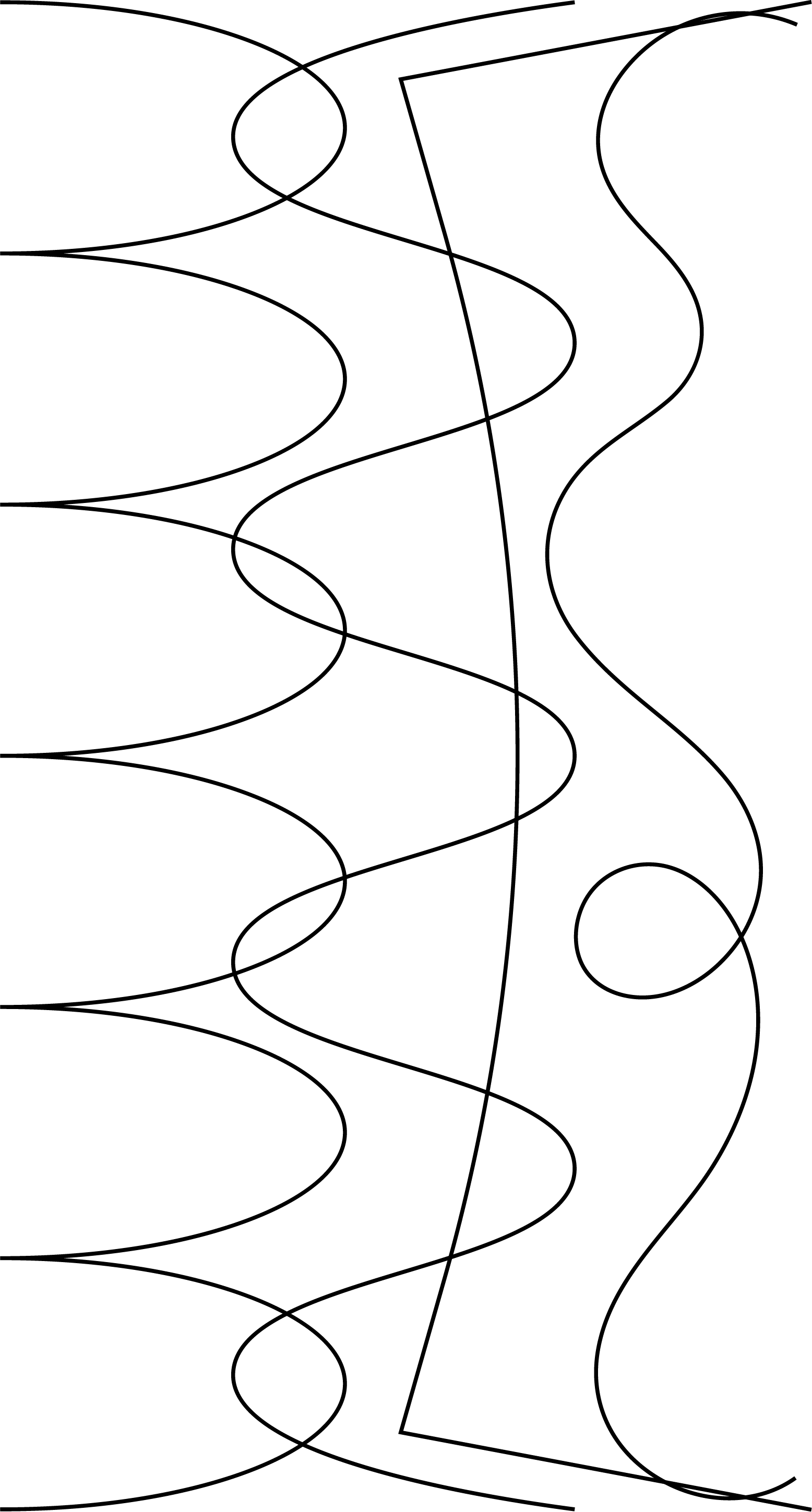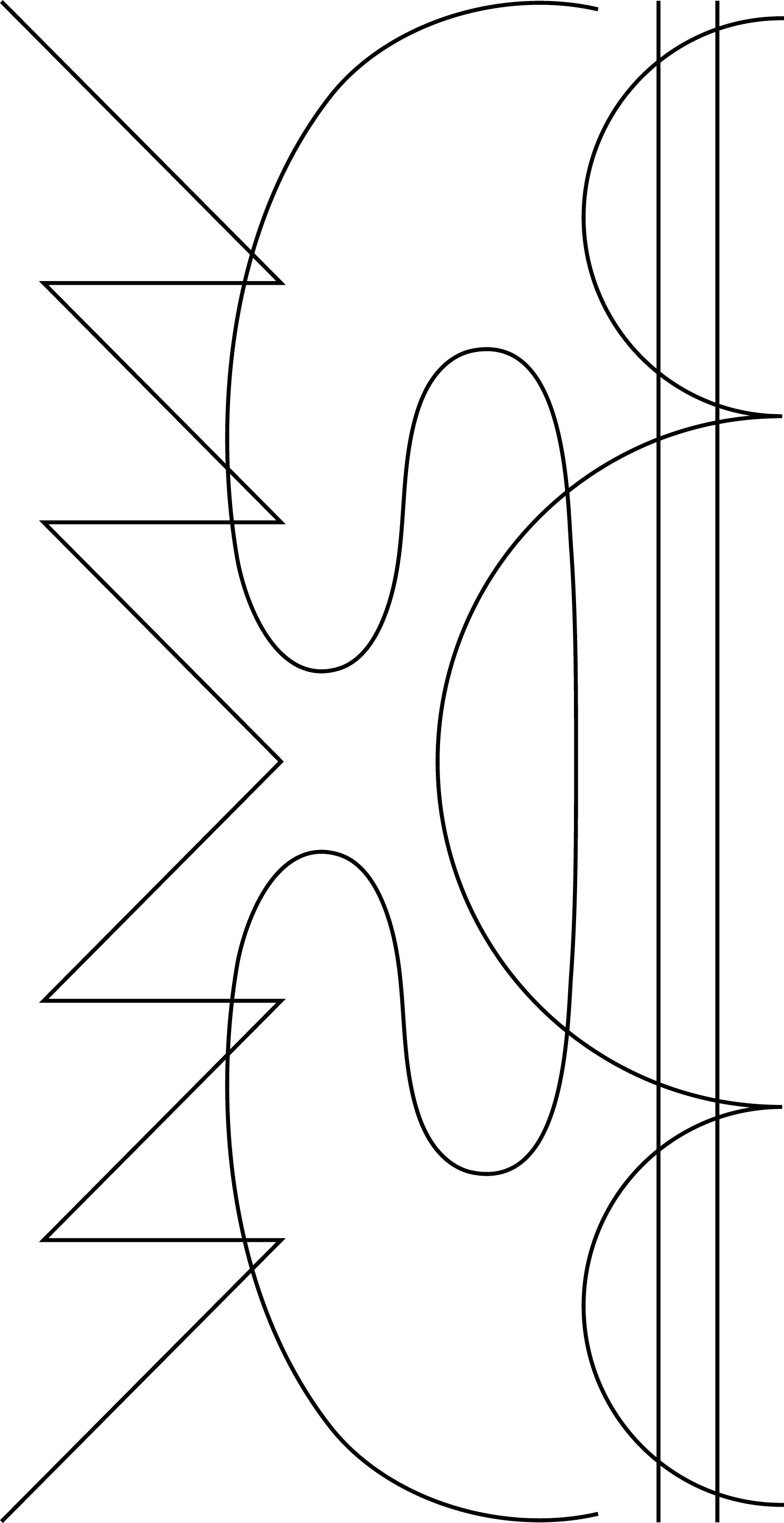why we love this
A mirror to our own intimate reflections and expansive capabilities. Where varied instrumentation and processes evoke different states of being, there is a sense of the listener tuning their own emotions to the emotional resonance of the tracks themselves. What emerges after the album’s completion is a catalogue of questions that remain overhead and are left for the listener to bravely step back into the world and explore.
about the record
On her third album, Berlin-based Dutch-Italian composer and sound designer Aimée Portioli, aka Grand River, asks what guiding forces might be driving, enticing, and affecting us.'All Above' is rooted in her deeply personal philosophy as an artist, blurring the boundaries between electronic music and acoustic music and sculpting familiar ambient forms into personal themes painted with rich emotional colors.
Written painstakingly during the album's two-year creation period, the album is the most ambitious and divergent set of music Portioli has assembled so far, with a wide variety of instrumentation (including voices, strings, organs, guitars, and synthesizers) focused around the piano. She's keen to assure listeners that while that instrument isn't always heard, it's constantly at the forefront of the album, shepherding its emotions and anchoring its mood. It makes sense then that on the opening track 'Quasicristallo', the acoustic piano is the first element we hear, recorded closely, so its characteristic rattle and creak can speak as loudly as the familiar tones themselves. When the music blooms into abstraction and processed electronics, it's almost imperceptible: reverb mutates into ghostly vapor trails, and distortion forms the keys into another instrument entirely.
Portioli studied as a linguist and used her art to develop an emotional language that's not bound by expected cultural constraints. When she adds a different instrument or process, it's not to reference a visual cue but to mark a journey through different states of being. Each element embodies a different emotion or mood: the electric guitar represents strength or violence, synthesizers shuttle us into the dream world, and the acoustic instruments highlight intimacy and warmth – even the heart.
Dedicated to Editions Mego founder Peter Rehberg, who died suddenly in July 2021, 'All Above' demands engagement and refuses to evaporate into the background. The album asks listeners not just to absorb it as a whole but to notice the cracks in the structure and discern the tension they cause. That's never more evident than on the closing track 'Cost What It May', a piece of music almost jarring when Portioli chops into noisy waves of electric guitar. In the wrong hands, this might sound like a power move – some rock posturing to act as a finale. But Portioli's expression is different. She's forcing a level of engagement that perceives the negative space as just as necessary as the saturated positive, and what could be more haunting and emotionally resonant than that?
- 1 - Quasicristallo 4:38
- 2 - Human 5:34
- 3 - Petrichor 4:46
- 4 - The World At Number XX 5:10
- 5 - Kura 3:44
- 6 - In The Present As The Future 6:04
- 7 - Seventy One Percent 6:58
- 8 - Cost What It May 3:04
Embed
Copy and paste this code to your site to embed.
€30,00
only 3 left
- 1 - Quasicristallo 4:38
- 2 - Human 5:34
- 3 - Petrichor 4:46
- 4 - The World At Number XX 5:10
- 5 - Kura 3:44
- 6 - In The Present As The Future 6:04
- 7 - Seventy One Percent 6:58
- 8 - Cost What It May 3:04
Embed
Copy and paste this code to your site to embed.
why we love this
A mirror to our own intimate reflections and expansive capabilities. Where varied instrumentation and processes evoke different states of being, there is a sense of the listener tuning their own emotions to the emotional resonance of the tracks themselves. What emerges after the album’s completion is a catalogue of questions that remain overhead and are left for the listener to bravely step back into the world and explore.
about the record
On her third album, Berlin-based Dutch-Italian composer and sound designer Aimée Portioli, aka Grand River, asks what guiding forces might be driving, enticing, and affecting us.'All Above' is rooted in her deeply personal philosophy as an artist, blurring the boundaries between electronic music and acoustic music and sculpting familiar ambient forms into personal themes painted with rich emotional colors.
Written painstakingly during the album's two-year creation period, the album is the most ambitious and divergent set of music Portioli has assembled so far, with a wide variety of instrumentation (including voices, strings, organs, guitars, and synthesizers) focused around the piano. She's keen to assure listeners that while that instrument isn't always heard, it's constantly at the forefront of the album, shepherding its emotions and anchoring its mood. It makes sense then that on the opening track 'Quasicristallo', the acoustic piano is the first element we hear, recorded closely, so its characteristic rattle and creak can speak as loudly as the familiar tones themselves. When the music blooms into abstraction and processed electronics, it's almost imperceptible: reverb mutates into ghostly vapor trails, and distortion forms the keys into another instrument entirely.
Portioli studied as a linguist and used her art to develop an emotional language that's not bound by expected cultural constraints. When she adds a different instrument or process, it's not to reference a visual cue but to mark a journey through different states of being. Each element embodies a different emotion or mood: the electric guitar represents strength or violence, synthesizers shuttle us into the dream world, and the acoustic instruments highlight intimacy and warmth – even the heart.
Dedicated to Editions Mego founder Peter Rehberg, who died suddenly in July 2021, 'All Above' demands engagement and refuses to evaporate into the background. The album asks listeners not just to absorb it as a whole but to notice the cracks in the structure and discern the tension they cause. That's never more evident than on the closing track 'Cost What It May', a piece of music almost jarring when Portioli chops into noisy waves of electric guitar. In the wrong hands, this might sound like a power move – some rock posturing to act as a finale. But Portioli's expression is different. She's forcing a level of engagement that perceives the negative space as just as necessary as the saturated positive, and what could be more haunting and emotionally resonant than that?
